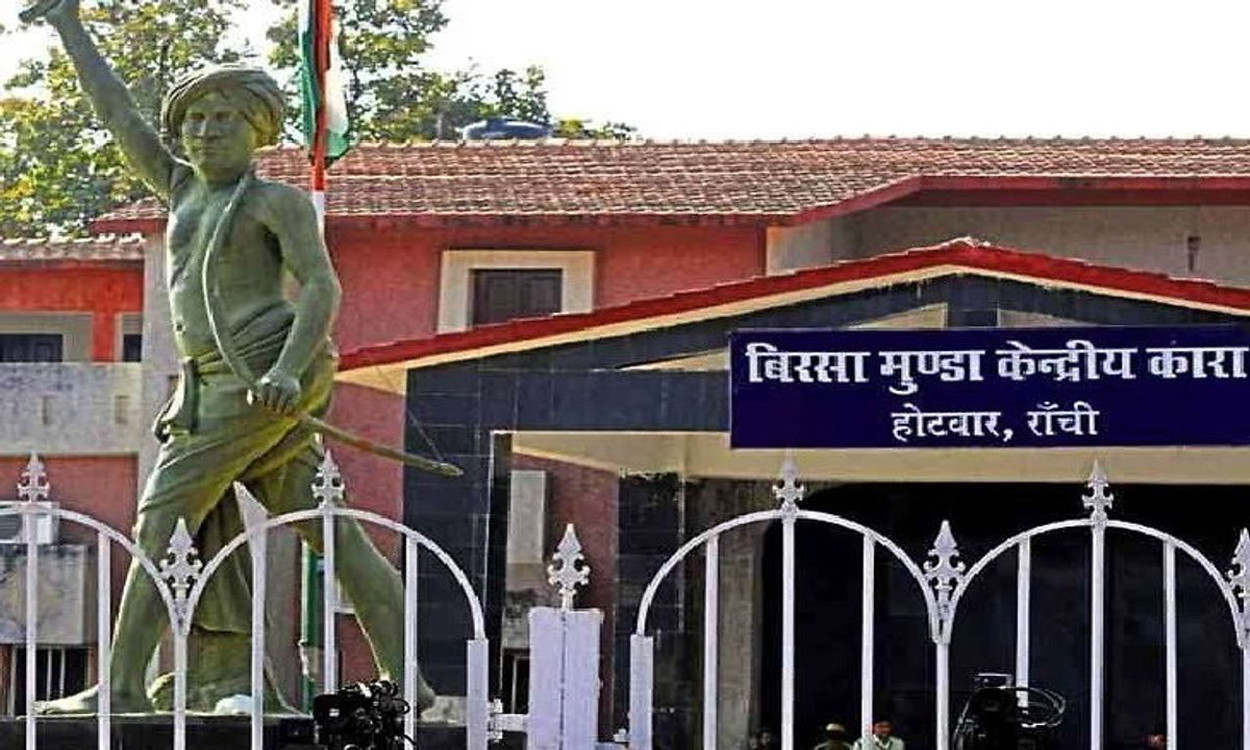SC Mandates Bail for Long-Term Undertrial Prisoners in Uttarakhand
The Supreme Court has issued a critical directive that orders the release of certain undertrial prisoners in Uttarakhand on bail, provided they have served a substantial portion of their potential maximum sentence. This relief measure is intended for prisoners who have been incarcerated for years without a trial, excluding those accused of crimes punishable by death or life imprisonment.
The ruling was a response to growing concerns over the high number of undertrials languishing in jails across India. The order specifically highlights that prisoners who have already served 14 years or more in detention are eligible for bail consideration. Furthermore, those who have completed over 10 years may also be granted bail, subject to the absence of significant objections from the prosecution or other stakeholders involved in their cases. This decision reflects an effort to alleviate prison overcrowding and uphold the rights of detainees, many of whom have endured prolonged imprisonment without judicial determination of guilt.
The issue of undertrial prisoners has long been a contentious topic in India's judicial system. A significant proportion of the country’s prison population consists of undertrials, people who have not yet been convicted of a crime but are detained pending trial. The plight of these individuals, especially those detained for minor offenses or for extended periods, has raised serious concerns about human rights violations and access to timely justice.
This ruling comes after several years of legal and social activism aimed at improving conditions for undertrials. Efforts to reduce the prison population through the timely release of undertrials have been ongoing, with courts frequently underscoring the need for a more systematic and humane approach. By setting a clear criterion for the release of prisoners who have served long portions of their sentences, the Supreme Court seeks to provide much-needed relief to an overburdened system.
Uttarakhand, like many states in India, has been grappling with issues related to prison overcrowding. Detention centers in the state are frequently reported to operate at or above capacity, leading to severe human rights concerns. The Supreme Court’s ruling aims to address these systemic challenges by ensuring that undertrial prisoners are not detained indefinitely without due process.
Despite this progress, there remain several challenges to implementing the court's directive effectively. For one, many undertrial prisoners may not have the resources or legal representation necessary to facilitate their release on bail. Additionally, the backlog in the judicial system means that many cases still languish, delaying the resolution of cases even for those prisoners who qualify for release under the Supreme Court's order.
This initiative is a significant move toward reforming the undertrial detention system in India. Legal experts believe it could lead to more widespread changes in how undertrials are treated, with the possibility of further reforms that address the root causes of the issue, such as delays in the judicial process, lack of legal aid, and inefficiencies within the prison administration.
The decision to allow undertrial prisoners to be granted bail after serving a large portion of their sentence aligns with several national and international legal standards on the treatment of detainees. It reflects the judiciary’s growing recognition of the need to balance the rights of individuals with the demands of justice and public safety.
However, this ruling does not apply universally to all undertrial prisoners. Those facing charges for severe crimes, particularly those with punishments such as life imprisonment or death sentences, are not eligible for release under this directive. This exclusion aims to ensure that individuals accused of the most serious offenses remain in custody until their cases are adjudicated.

